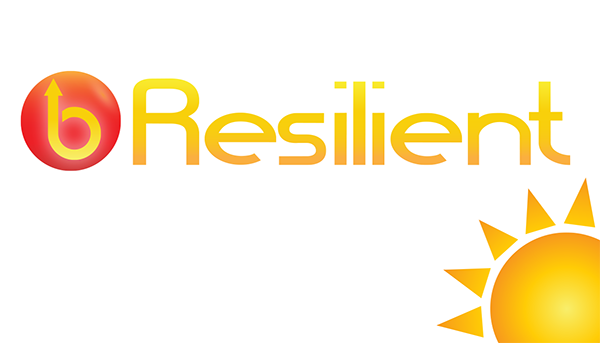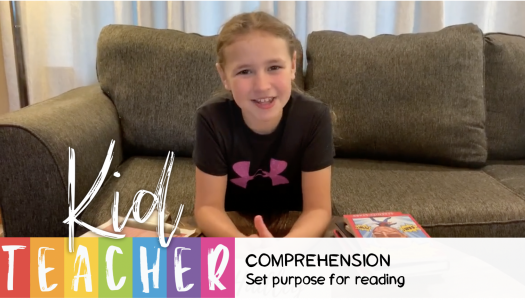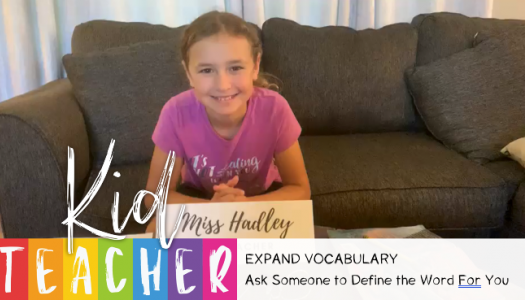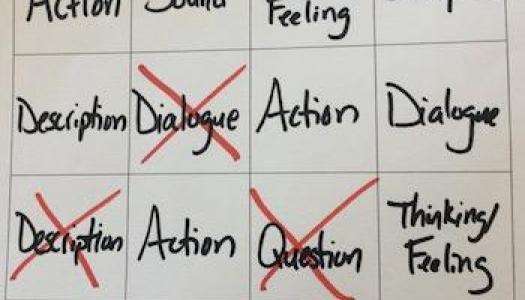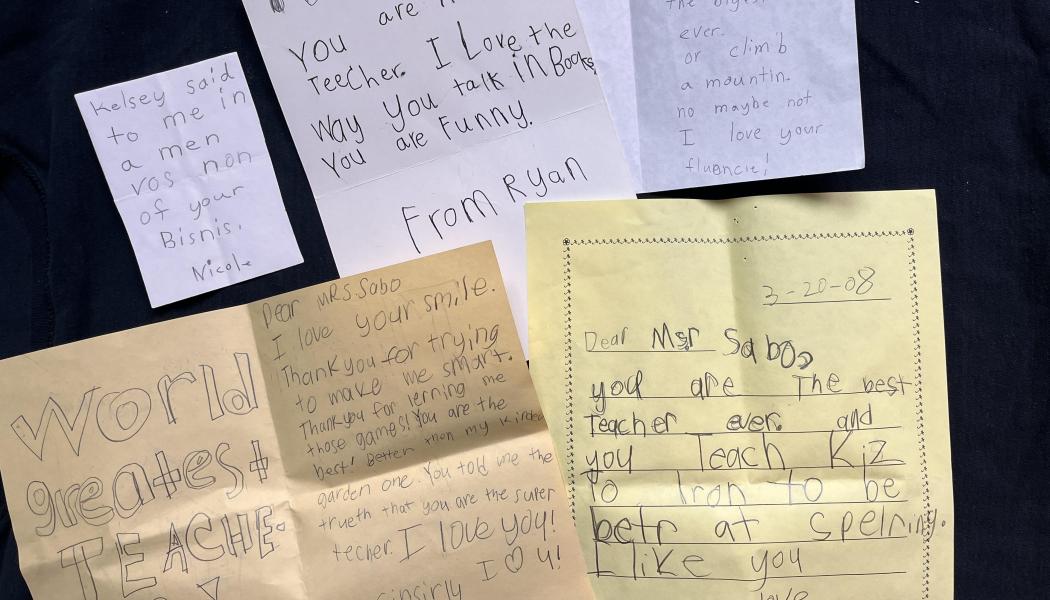
Lori Sabo
It won’t surprise any of you who are spending your days in school that there are hard moments, hard days, and sometimes even challenging years. Like many of you, I am finding school more difficult than it used to be. And like many of you, it isn’t just a job for me, it’s a calling. I don’t just teach; I am a teacher. So, what do we do when we feel like quitting?
I wish I had the right inspirational words or even a magic wand that would infuse every moment with the joy we envisioned when we were idealistic. In lieu of that, let me offer three Rs that might bring about change and ease the pain. Reflect. Request. Remember.
1. Reflect: What isn’t going well and why? For me, two things consistently bubble to the surface.
First, were the expectations crystal clear? If not, back up and reteach. I confess that sometimes a little voice pops into my brain that says, “I shouldn’t have to teach this.” And that may feel true, but it isn’t true. If I am going to teach the children in front of me, that might mean I have to teach them how to self-regulate so they can engage in learning, or how to use a voice that is just for me when conferring, or how to politely line up to go to lunch. Checking in to see how clear the expectations are is often the first place that helps me turn things around.
Second, did I release students to independence before they were ready? This can be remedied by, again, backing up and working through the 10 Steps to Teaching and Learning Independence. These steps are the critical foundation for anything and everything we want students to do successfully alone.
One more thing. When students are invited to reflect, they are often quite accurate in their perceptions. For example, if I pull them back to the gathering space after a very brief independent work time and ask, “What did you notice?” they will honestly say, “It was too noisy,” “We weren’t working,” and so on. When they articulate what was bumpy, we can refocus on expectations and the behaviors of independence and get back to a work time that feels good to us all.
2. Request: It can be easy to be isolated in our rooms. Request support by having a coach come in. The partnering and collegial conversations that flow from a good coach/teacher relationship are invaluable. Coaches help us work through a challenging or new curriculum. They help us see blind spots. They help us reflect and revise in a safe, supportive relationship. If a coach isn’t available, spend some time cultivating relationships with strong, seasoned teachers who might serve as mentors.
3. Remember: If you don’t already, save special notes from students and parents in one place. A few examples from my Appreciation Box are above (except the one that is a tattletale note that was too good not to share with you). Revisiting messages of appreciation can be just the bolster we need to carry on.
We’ve got this. I am cheering you on from here.
Learn the evidence-based practices that will help your students become self-regulated learners!
News From The Daily CAFE
Ask Someone to Define the Word For You: Kid Teacher
Revision Fun—Varying Narrative Leads
October Writing Paper
